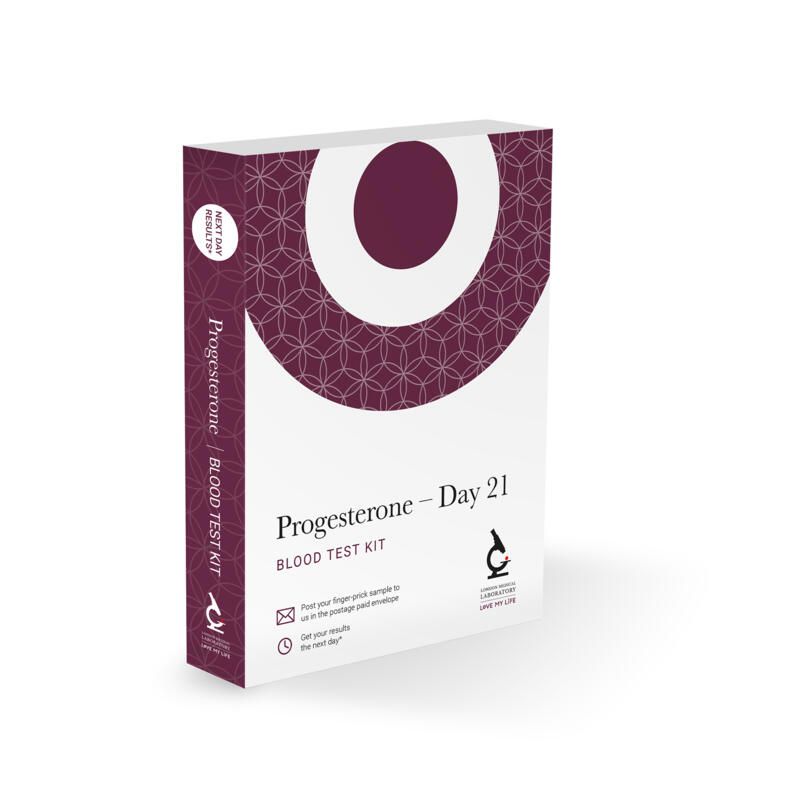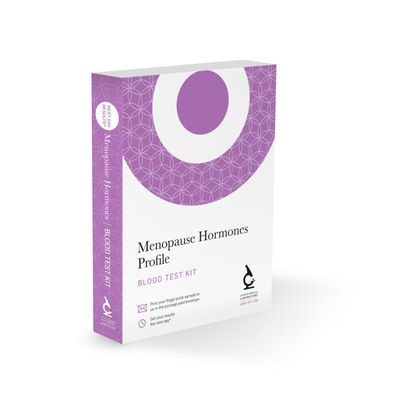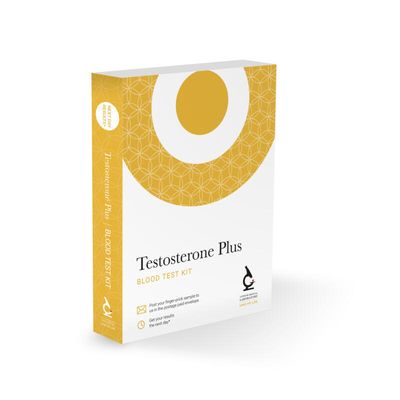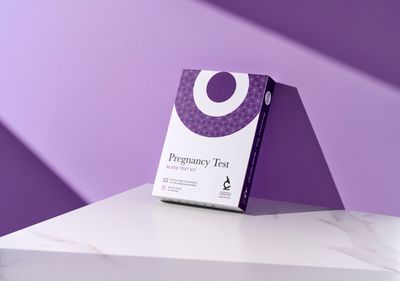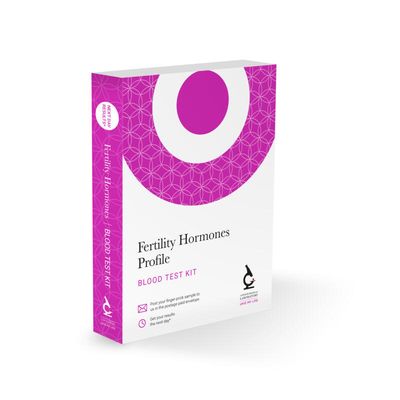Progesterone – Day 21
£57.99
Pre-order
There are many reasons which testing your progesterone levels are useful for, but if you have any questions about fertility, finding out if you are ovulating is ground zero.
Out of stock, available for pre-order
Save this product for later
Progesterone – Day 21
Product Details
Trying to Conceive or Track Ovulation? This Hormone Holds the Clue.
If you’re wondering whether you’ve ovulated, or want to better understand your cycle or pregnancy, progesterone is the hormone to watch. This test helps confirm if ovulation has occurred — and gives important insight into your reproductive health.
What this test includes:
This test measures progesterone, a hormone that plays a key role in the second half of your menstrual cycle and during early pregnancy.
- What is progesterone?
Progesterone is produced by the ovaries after ovulation. It prepares the womb for pregnancy and supports it in the early stages. If ovulation hasn’t occurred, progesterone levels stay low. - When to test:
- If your cycle is regular, take the test around day 21 (21 days after the first day of your last period).
- If your cycle is irregular, aim for 7 days before your next period.
- What your result means:
A level between 30–65.5 nmol/L typically confirms that ovulation has occurred.
Why get tested?
This test can help you:
- Confirm ovulation — especially useful when trying to conceive
- Track fertility in irregular cycles
- Monitor progesterone during early pregnancy (as low levels may be linked to miscarriage risk)
- Investigate conditions like PCOS, where ovulation may not occur regularly
Whether you’re trying for a baby or just want to understand your cycle better, this simple hormone test provides clear, clinical insight.
It’s available as a finger-prick home test or through a phlebotomy sample — whichever suits you best.
Who Should Consider Testing?
You should consider a Day 21 Progesterone test if you:
- Are trying to conceive and want to confirm ovulation;
- Have irregular or absent periods;
- Suspect hormone imbalances or luteal phase issues;
- Experience symptoms like spotting, low mood, or fatigue in the second half of your cycle;
- Are undergoing fertility treatment or hormonal investigations.
You May Also Like
